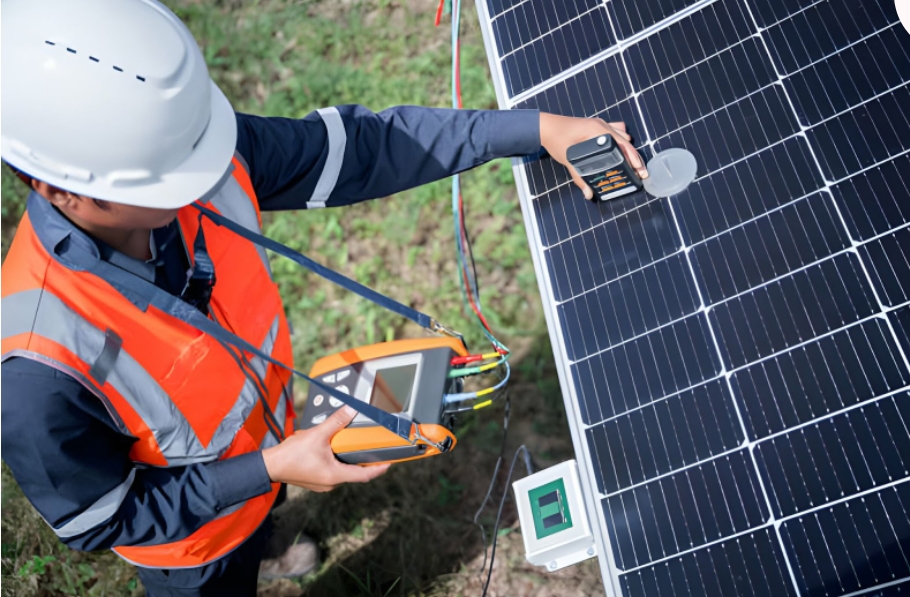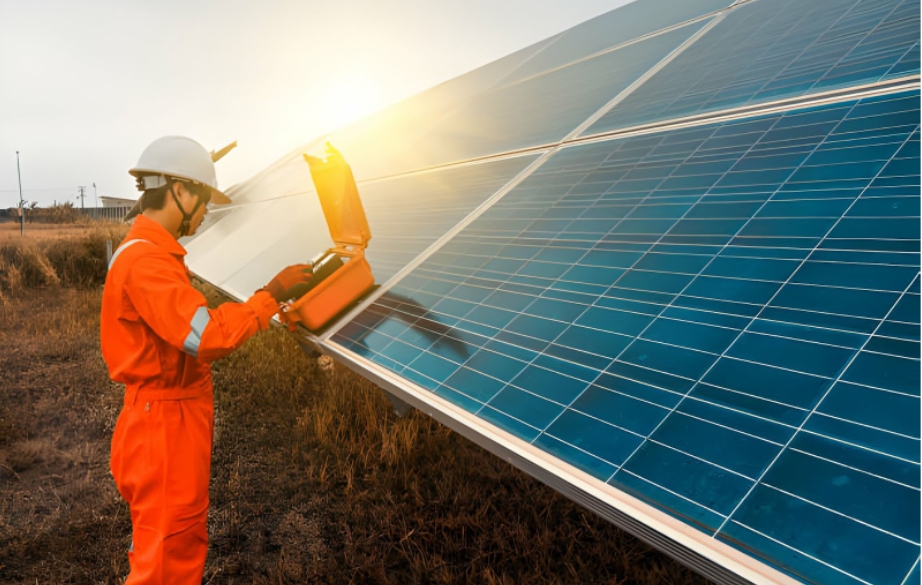In recent years, the global shift towards renewable energy has gained significant momentum, with solar power emerging as a leading contender in the race to combat climate change and transition towards sustainable energy sources.
As solar technology continues to advance and become more accessible, the role of qualified solar system installers has become increasingly vital. These professionals play a crucial role in ensuring the successful implementation and optimal performance of solar energy systems.
In this article, we explore the importance of qualified solar system installers in driving the adoption of sun-powered solutions.
The Rise of Solar Energy
Solar energy has experienced remarkable growth and innovation over the past few decades, propelled by declining costs, technological advancements, and growing environmental concerns.
Today, solar power represents one of the fastest-growing sources of renewable energy globally, offering a clean, abundant, and sustainable alternative to traditional fossil fuels.
The benefits of solar energy are manifold. Solar power helps reduce greenhouse gas emissions, mitigating the impacts of climate change. It enhances energy security by diversifying the energy mix and reducing reliance on finite fossil fuel resources.
Moreover, solar energy systems can generate electricity at the point of consumption, minimizing transmission losses associated with centralized power generation.
The Role of Solar System Installers
While the benefits of solar energy are clear, the successful deployment of solar power systems relies heavily on the expertise and proficiency of qualified installers.
Solar system installers are responsible for the design, installation, and maintenance of solar energy systems, ensuring they operate efficiently and safely over their lifespan.

Qualified solar installers possess specialized knowledge and skills essential for navigating the complexities of solar technology and installation processes. They are well-versed in assessing site feasibility, determining optimal system configurations, and complying with local regulations and building codes.
Additionally, they understand the intricacies of electrical wiring, component integration, and system troubleshooting, ensuring the seamless integration and reliable performance of solar energy systems.
Ensuring Quality and Reliability
One of the primary reasons for engaging qualified solar system installers is to ensure the quality and reliability of solar energy systems. Proper installation is critical for maximizing energy production, optimizing system efficiency, and ensuring long-term durability.
A poorly installed solar system can lead to suboptimal performance, increased maintenance costs, and even safety hazards. Qualified installers follow industry best practices and standards to ensure that solar energy systems are installed correctly and function as intended.
They conduct thorough site assessments to evaluate factors such as roof orientation, shading, and structural integrity. Based on these assessments, they design customized solar solutions tailored to the specific needs and constraints of each site.
Navigating Regulatory Compliance
Another key aspect of solar system installation is navigating regulatory compliance and permitting requirements. Local regulations, building codes, and utility interconnection standards vary widely across regions, posing challenges for solar installation projects.
Qualified installers possess the knowledge and experience to navigate these regulatory hurdles efficiently. They work closely with homeowners, businesses, and regulatory authorities to secure the necessary permits and approvals for solar installations.
By staying abreast of regulatory changes and requirements, installers ensure that solar projects comply with all applicable codes and standards. This not only streamlines the installation process but also avoids potential delays, fines, or safety violations down the line.
Enhancing Safety and Risk Management
Safety is paramount in the installation and operation of solar energy systems. Working with electricity and climbing on rooftops present inherent risks that must be managed effectively.
Qualified solar installers undergo rigorous training and certification to prioritize safety throughout the installation process. They adhere to industry-standard safety protocols and procedures to minimize the risk of accidents, injuries, or property damage.
This includes proper use of personal protective equipment (PPE), adherence to electrical safety guidelines, and implementation of fall protection measures when working at heights. By prioritizing safety, qualified installers safeguard the well-being of their crew, clients, and the broader community.
Maximizing Performance and ROI
Ultimately, the expertise and professionalism of qualified solar system installers directly impact the performance and return on investment (ROI) of solar energy systems.
A well-installed solar system can significantly reduce energy bills, generate revenue through net metering or feed-in tariffs, and increase the value of the property. Qualified installers optimize system performance by fine-tuning parameters such as panel orientation, tilt angle, and shading mitigation.
They also provide comprehensive monitoring and maintenance services to ensure that solar systems operate at peak efficiency throughout their lifespan. By maximizing energy production and minimizing downtime, installers help clients realize the full economic and environmental benefits of solar energy.
Conclusion
In conclusion, qualified solar system installers play a pivotal role in driving the adoption of sun-powered solutions. Their expertise, attention to detail, and commitment to quality are essential for ensuring the successful deployment and optimal performance of solar energy systems.
By partnering with qualified installers, homeowners, businesses, and communities can harness the full potential of solar power to meet their energy needs sustainably and responsibly. As we continue to transition towards a clean energy future, the contributions of qualified solar installers will remain indispensable in shaping a brighter, more sustainable world.



